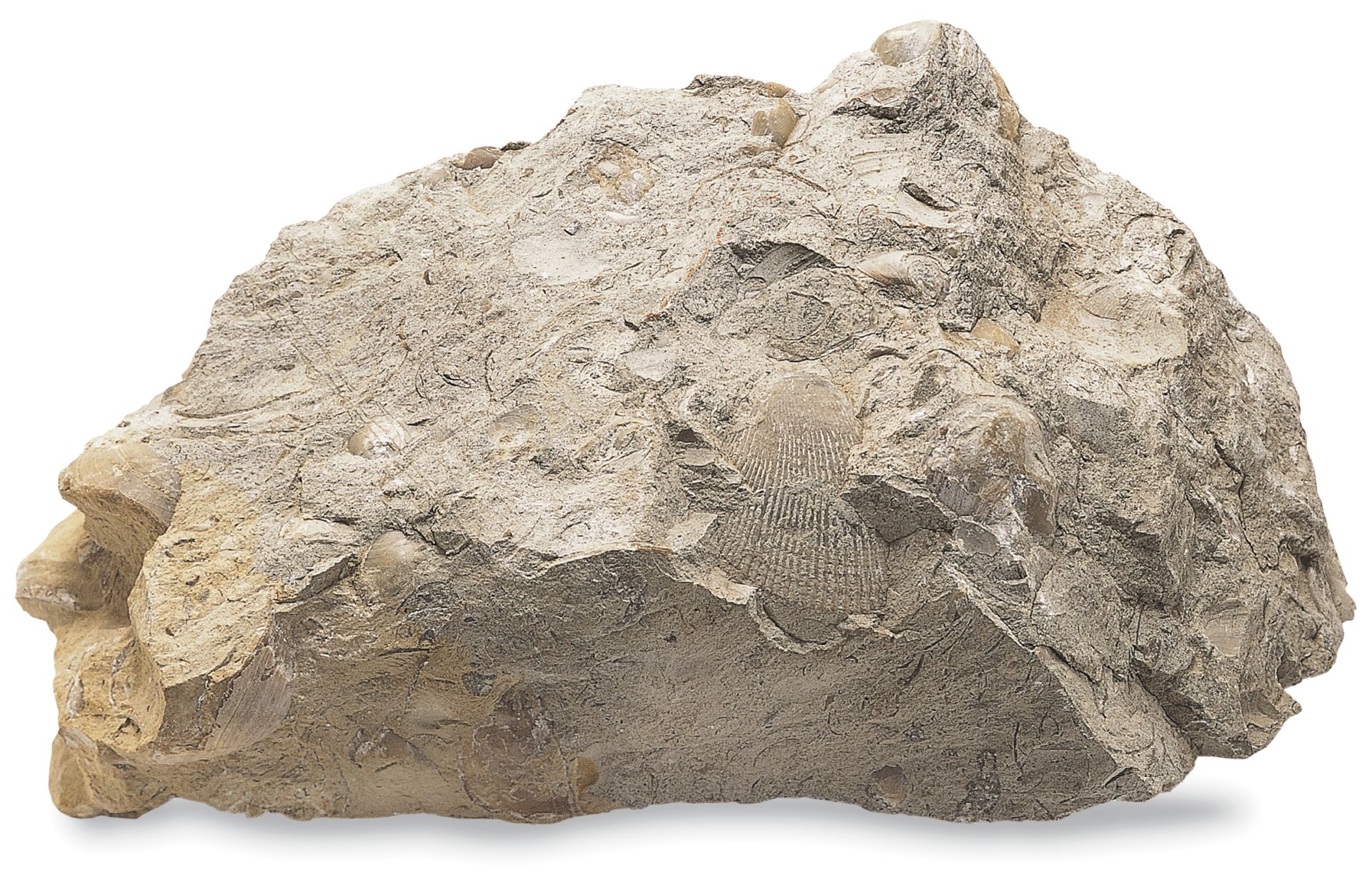Current News on Rocks: A Comprehensive Overview
The world of geology is constantly evolving, with new discoveries and insights emerging regularly. Recent news articles highlight significant findings related to rocks, their origins, and their implications for understanding Earth's history and processes. Below is a summary of the latest developments in the field of geology, focusing on various aspects of rocks and their importance.
Record-Breaking Recovery of Mantle Rocks
One of the most exciting recent discoveries involves the recovery of rocks that originated in Earth's mantle. Published on August 9, 2024, by ScienceDaily, this research aims to unravel the mantle's role in the origins of life on Earth. The findings suggest that these rocks could provide insights into volcanic activity generated when the mantle melts and how it drives global cycles of essential elements. This research is crucial for understanding the fundamental processes that have shaped our planet and its life forms.
For more details, you can read the full article here.
Ancient Rocks and Tectonic Activity
Another significant study published on February 7, 2024, also by ScienceDaily, discusses how ancient rocks buried deep in subduction zones can improve our understanding of tectonic activity. These zones, where tectonic plates collide, are critical for predicting geological behavior over time. The research indicates that studying these ancient rocks can help scientists make better predictions about how these zones behave, which is vital for assessing geological hazards.
Read more about this study here.
Tiny Cracks in Rocks and the Origins of Life
A fascinating article from April 5, 2024, published by Ars Technica, explores how tiny cracks in rocks may have concentrated the chemicals needed for life. The gentle flow of warm fluids through these fissures could have provided a conducive environment for pre-life chemistry, potentially giving rise to the first living organisms. This research sheds light on the conditions that may have existed on early Earth and how they contributed to the emergence of life.
For further reading, check out the article here.

Oldest Evidence of Earth's Magnetic Field
On April 24, 2024, MIT News reported a groundbreaking discovery of ancient rocks in Greenland that bear the oldest remnants of Earth's early magnetic field. This finding could extend the age of the magnetic field by hundreds of millions of years and provide insights into the planet's early conditions that facilitated the development of life. Understanding the history of Earth's magnetic field is crucial for comprehending its geological and biological evolution.
Read the full article here.
Economic Impact of Pictured Rocks National Lakeshore
In a different context, the Pictured Rocks National Lakeshore has generated significant economic benefits for local communities. A report published on September 6, 2024, by MLive estimates that the park brought in $45.7 million in local tourism dollars in 2023, supporting over 500 jobs in the area. This highlights the importance of natural landmarks not only for their geological significance but also for their role in local economies.
For more information, visit the article here.
Snowball Earth and Unique Scottish Rocks
Another intriguing study published on September 6, 2024, by Phys.org discusses unique rocks in Scotland that record a period known as Snowball Earth, which occurred over 700 million years ago. During this time, Earth was entirely encased in ice, a phenomenon that has significant implications for understanding climate change and the planet's geological history. The research provides valuable insights into how Earth has responded to extreme climatic conditions in the past.
Read more about this discovery here.
The Moon's Geological Secrets
An article from September 6, 2024, published by MSN, discusses the potential for finding the oldest evidence of Earth's atmosphere in rocks on the moon. Since the moon has not had a magnetic field for over 4.36 billion years, it may hold fragments of ancient Earth, providing a unique opportunity to study our planet's early atmosphere and geological history.
For further details, check out the article here.

The recent news surrounding rocks and geological studies underscores their critical role in understanding Earth's history, the origins of life, and the dynamics of our planet's systems. From ancient mantle rocks to the economic impact of national parks, these findings highlight the multifaceted importance of geology in both scientific research and everyday life. As researchers continue to explore and uncover the secrets held within rocks, we can expect to gain deeper insights into the processes that have shaped our world and the life it supports.
For ongoing updates and more detailed articles, you can explore various geology news platforms, including Geology.com and ScienceDaily.





